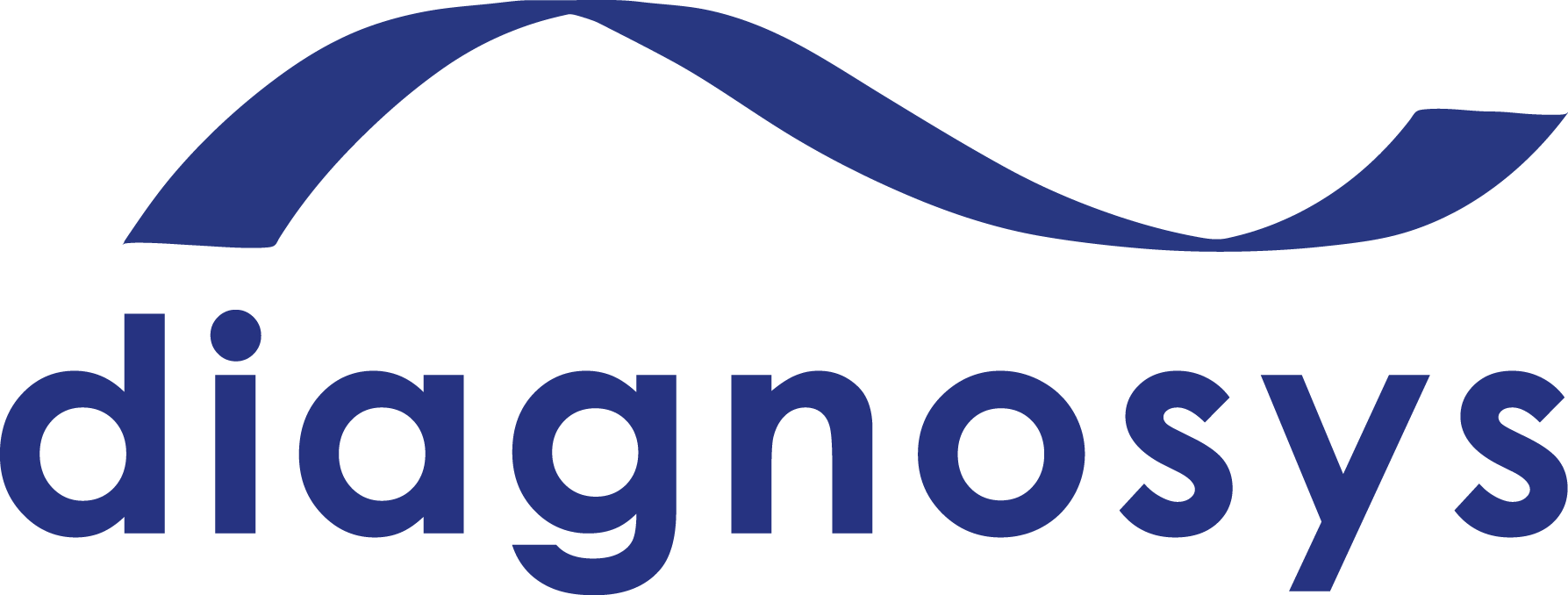Newsroom
-
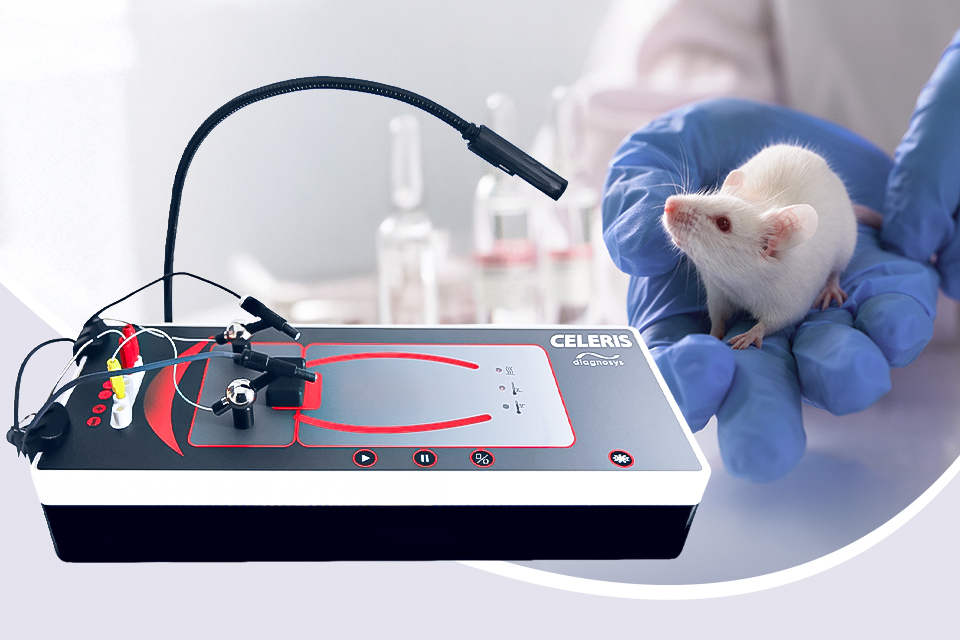
Five Essential Features of Modern Preclinical Visual Electrophysiology Test Equipment
Preclinical visual electrophysiology is a staple of ophthalmology research and is expanding within neurophysiological research. Experienced researchers and those new to the field may be interested in what modern test equipment can offer and which…
-
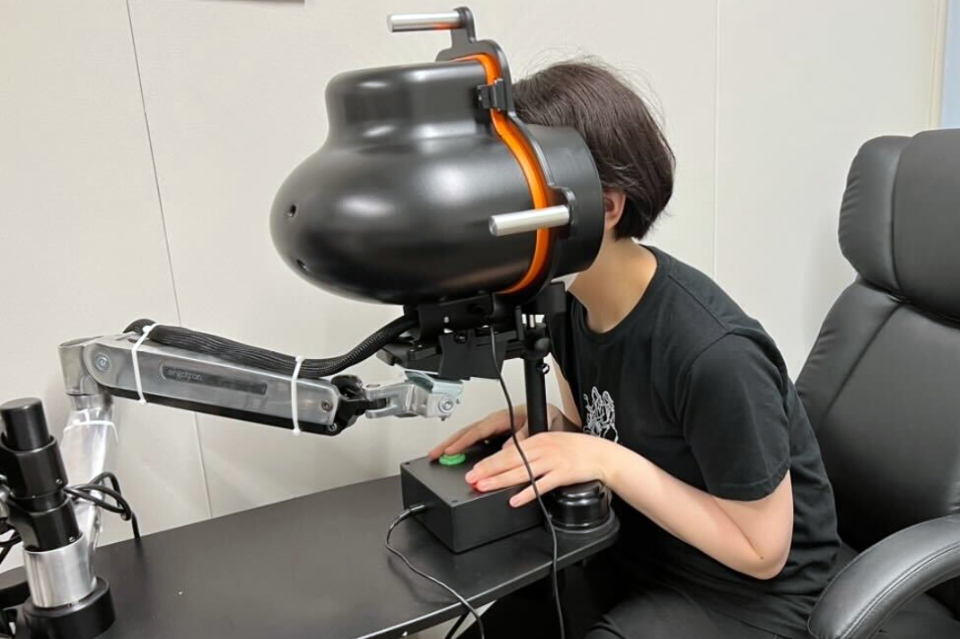
FST Continues to Gain Momentum at ARVO 2025
Featured Image: Diagnosys FST system at the Laboratory of Photobiology, Keio University School of Medicine. Image courtesy of Dr. Yusaku Katada, chief executive officer and co-founder of Restore Vision. At this year’s ARVO meeting, the full-field stimulus test…
-
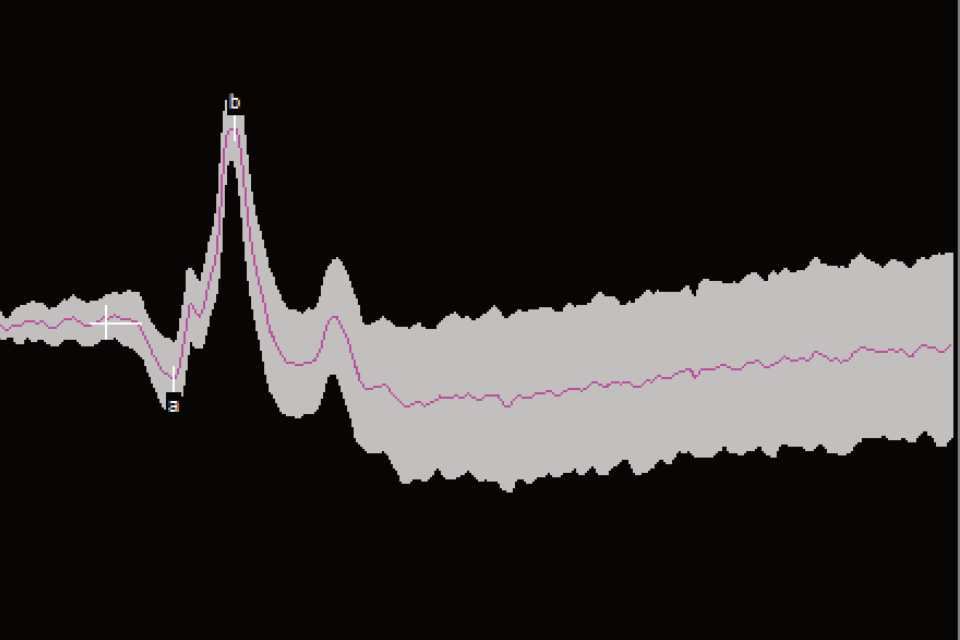
Espion V7 Feature Preview Highlight: Post Hoc Filters
Visual electrophysiology recordings capture signals that span only a few hundred microvolts, making a high signal-to-noise ratio crucial for accurate assessment. Since these signals are so small, minimizing noise in the testing environment is essential.…
-
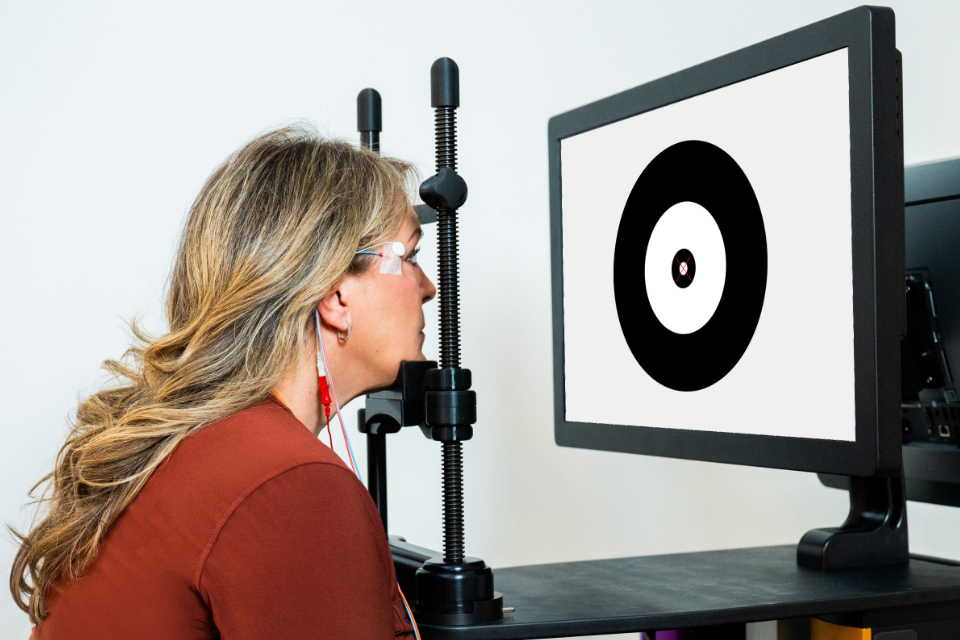
The One-minute Toxicity Screening Visual Electrophysiology Test
As an improvement on the standard 61-hexagon multifocal electroretinography (mfERG) test, the ring ERG (rERG) method could shorten toxicity screening tests from over 5 minutes to around 1 minute, significantly reducing test burden. This new…
-
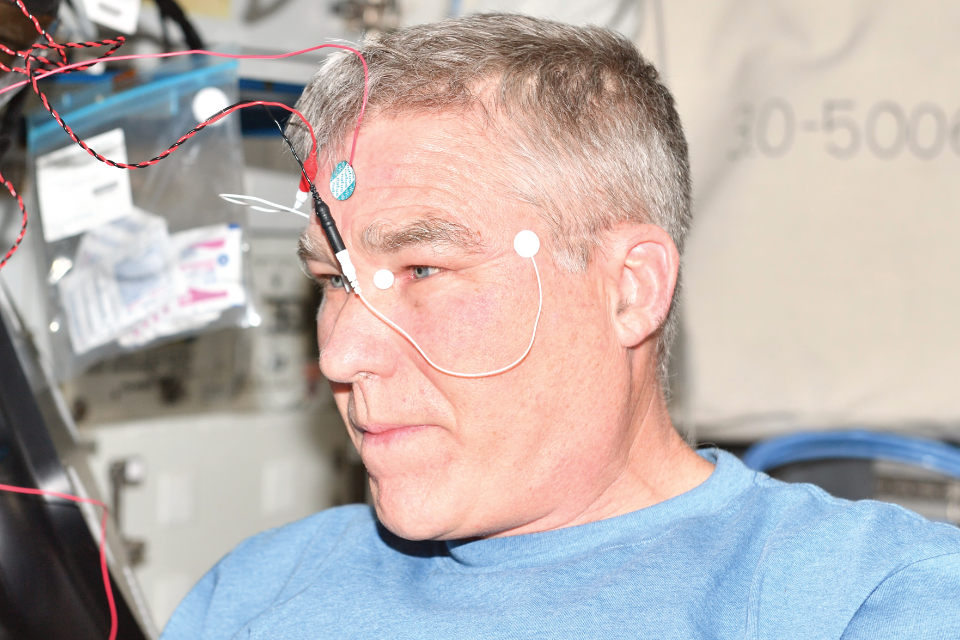
Visual Electrophysiology in Microgravity
Featured image: Astronaut Steve Bowen wearing DTL electrodes while performing an electroretinography (ERG) test in microgravity on the International Space Station. Courtesy of NASA. The study of Spaceflight Associated Neuro-Ocular Syndrome (SANS) represents a new…
-
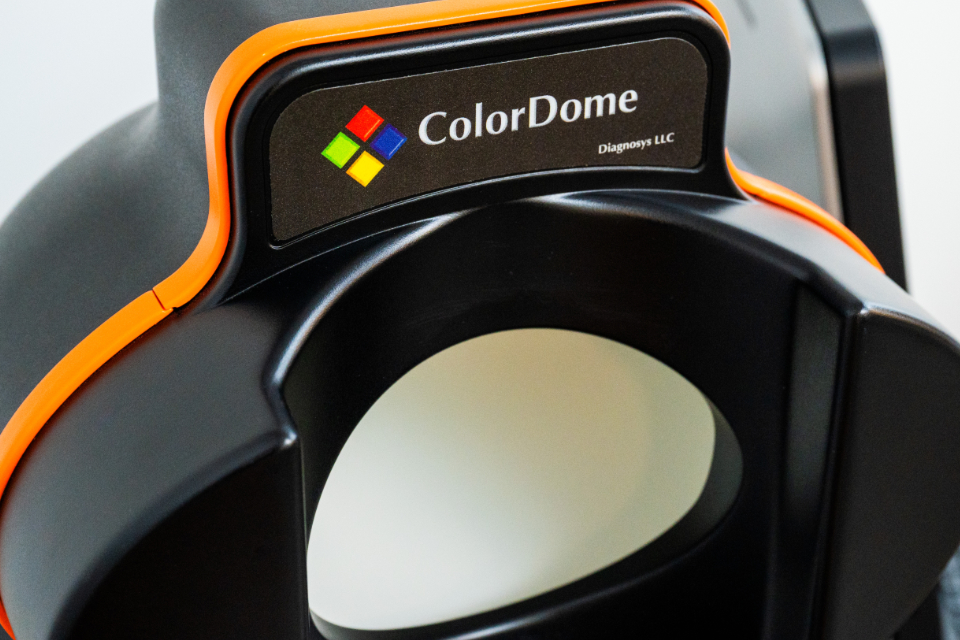
The FST: an Effective Endpoint in Early-phase Clinical Trials of Retinal Gene Therapies
New approaches to retinal therapies such as gene therapies, optogenetics, and regenerative medicine could significantly improve the quality of life of patients with low or no vision. Endpoints play an important role in the translational…
-
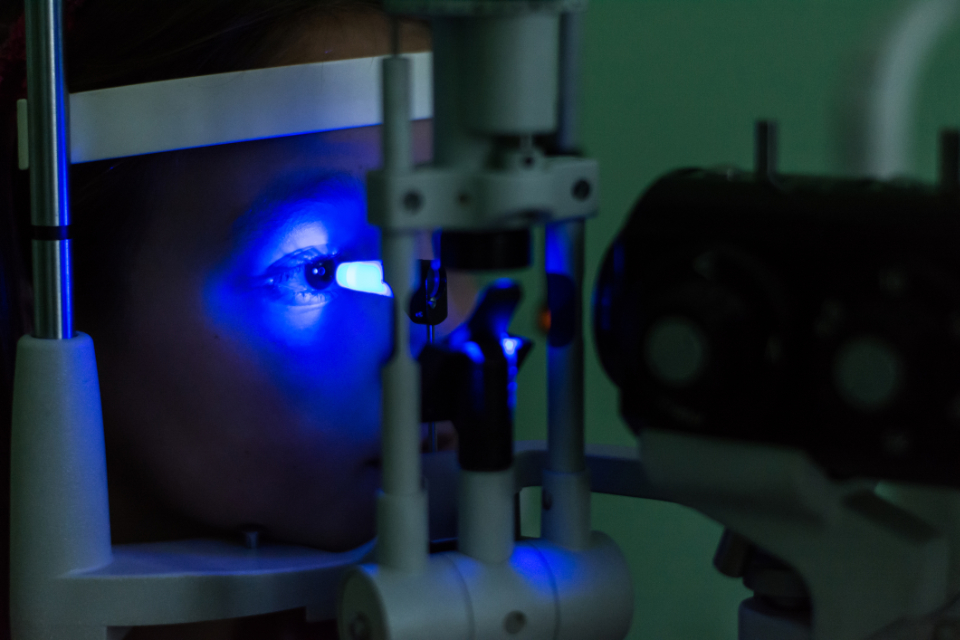
Visual Electrophysiology Tests for Glaucoma Continue to Improve
In 2024, the International Society for Clinical Electrophysiology of Vision (ISCEV) updated the pattern electroretinography (PERG) test standard, which can be used to test for glaucoma. Meanwhile, the results of a study evaluating a proposed modified…
-
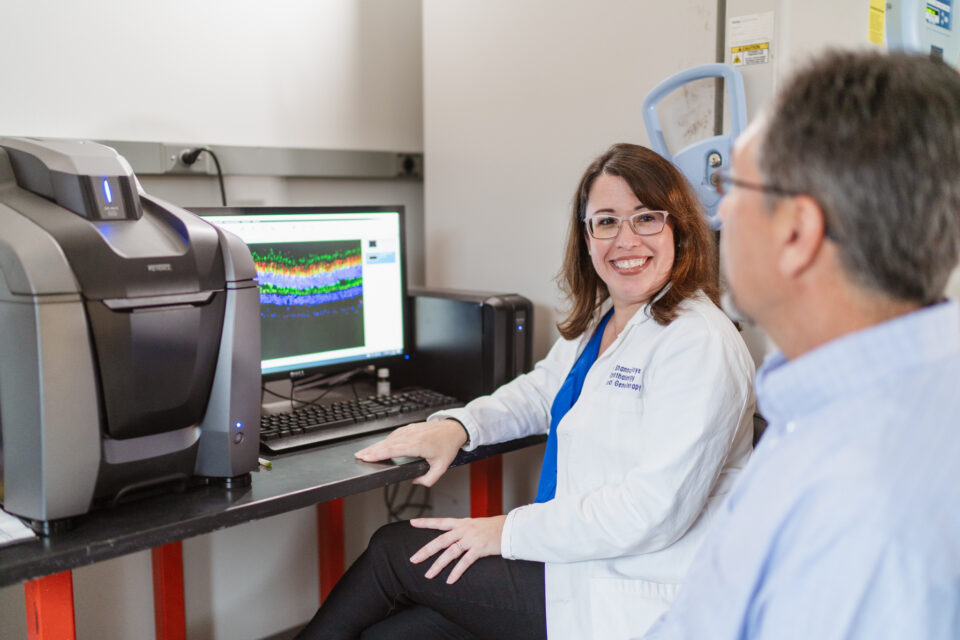
MLMT and FST: Effective Endpoints in Gene Therapy Trials for Inherited Retinal Diseases
Featured image: Atsena Therapeutics co-founders Shannon Boye and Sanford Boye, and a non-human primate retina stained for adeno-associated virus-vectored protein is displayed on the screen. Courtesy of Atsena Therapeutics. Gene therapy development has accelerated in…
-

Visual Electrophysiology Shows Biomarkers for Neurodegenerative Disease
With age, aspects of human biology and daily life compound, at times driving towards neurodegenerative disease that can cause memory loss, confusion, trouble walking, and personality changes. The current standard of care for neurodegenerative diseases…
-

Evaluating Traumatic Brain Injury with the Photopic Negative Response in Electroretinography
The CDC estimates there were nearly 69,000 deaths related to traumatic brain injury (TBI) in 2021 in the U.S. In response, there are, as of August 2024, over 200 clinical trials listed on clinicaltrials.gov that…
-

Choosing Between Sweep VEP Methods
Sweep Visual Evoked Potentials (sweep VEP) is a method for objectively assessing visual acuity using electrophysiology. Unlike traditional behavioral acuity tests such as Teller cards or the Snellen chart, which rely on subjective responses, the…
-
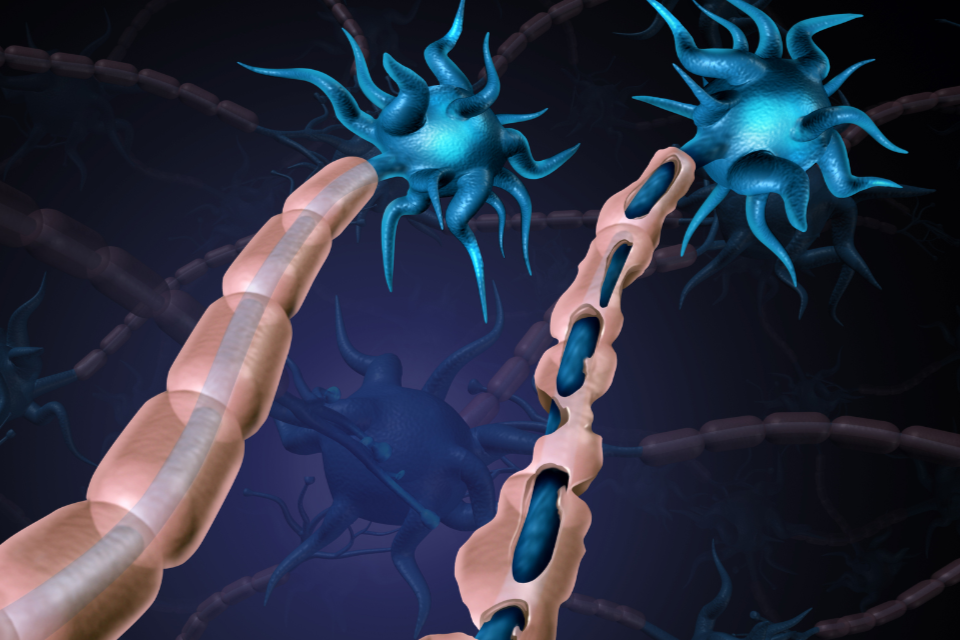
Visual Electrophysiology Supports Clinical Trials of Remyelinating Drugs for Multiple Sclerosis
Multiple sclerosis (MS) is a disease where the body’s immune system impairs myelin, the protective sheath that covers nerve fibers running through the central nervous system. Damaged myelin affects communication between the brain and the…
-
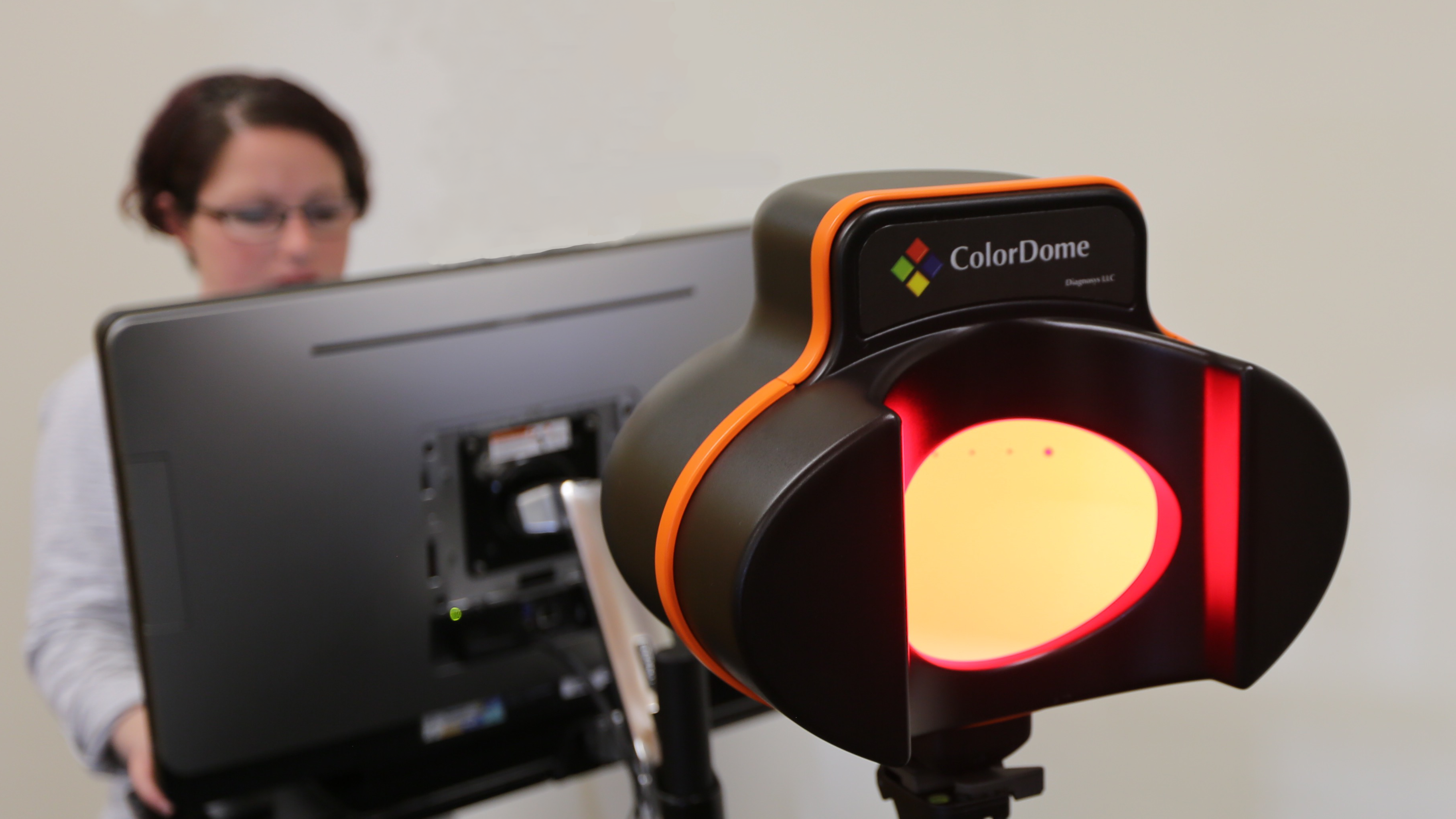
New Visual Diagnostic Systems Combine Benefits of Visual Electrophysiology and Perimetry
ISCEV and IPS jointly published the FST guideline The International Society for Clinical Electrophysiology (ISCEV, iscev.org) and the Imaging and Perimetry Society (IPS, perimetry.org) jointly published in January 2024 a guideline for the full-field stimulus…
-
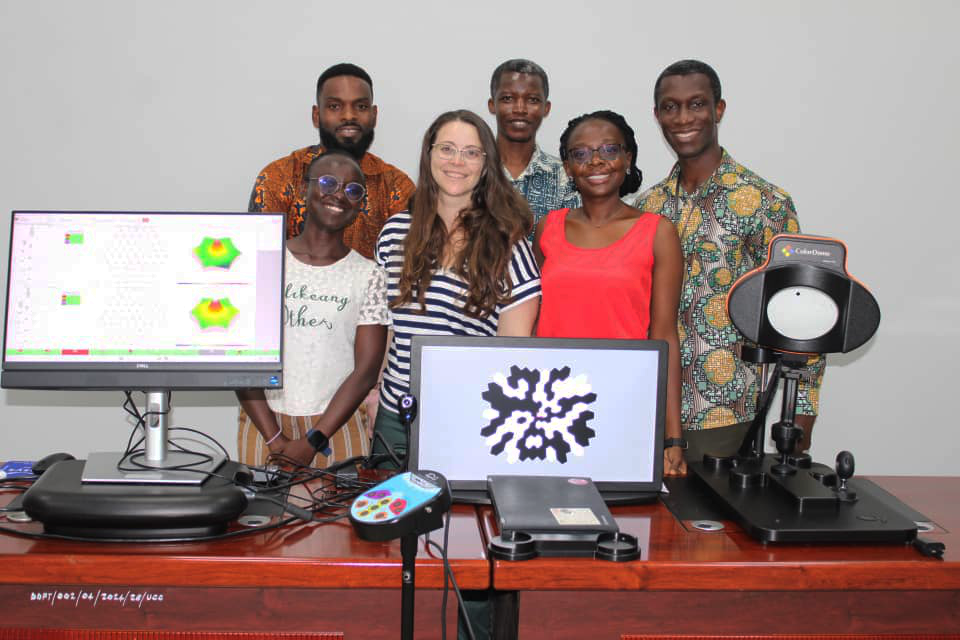
Collecting Visual Electrophysiology Normative Data in West Africa
We are pleased to announce the installation of our visual electrophysiology system at the Diagnostic Visual Function Research Laboratory of the Department of Optometry and Vision Science, University of Cape Coast, Ghana. This hospital, situated…
-

Retinal Gene Therapy Once Again Utilizes FST Testing
DiagnosysFST continues to be an important diagnostic tool to quantitatively evaluate the efficacy of breakthrough gene therapies for inherited retinal degeneration. We recently witnessed a new breakthrough in gene editing. This time it’s for CEP290-associated…
